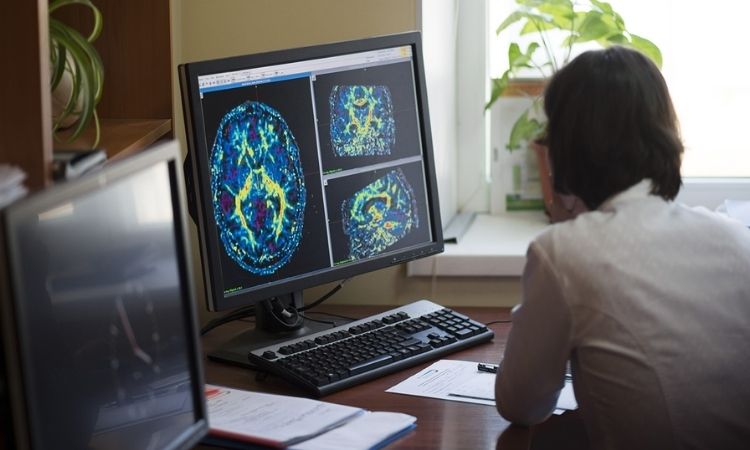
There are still plenty of people who believe Marijuana is a safe drug, while illegal use is still causing trouble. Even though most of the United States has legalized Marijuana, the damage from addiction to Marijuana continues to rise. It is now acceptable to use Marijuana in much the same way as drinking alcohol. Marijuana is a drug that can cause severe addiction and medical problems. Marijuana use has been linked to:
- Addiction
- Impaired Cognitive Ability
- Lung Damage
- Lung Cancer
- Decreased Sex Drive
- Weakened Immune Function
- Chronic Fatigue
- Weight Gain or Loss
- Mental Health Disorders
- Depression
- Anxiety
- Physical Withdrawals
- Psychosis
What Exactly is Marijuana?
The drug marijuana is also called cannabis, and it is derived from the cannabis plant. Cannabis contains more than 100 unique cannabinoids, and the most well-known are tetrahydrocannabinol (THC) and cannabidiol (CBD). THC is what people get high from when they ingest Marijuana. CBD does not cause euphoria but is praised for its anti-inflammatory effects and other medical uses. When someone uses Marijuana, it tells the brain to release dopamine in large surges and makes someone feel pleasure and relaxation. However, science has confirmed that Marijuana does deplete brain activity with chronic use.
Is Marijuana Addictive?
Marijuana is addictive and does ruin lives. When someone uses Marijuana they cannot drive safely and are prone to emotional outbursts, unlike drunk driving or domestic violence stemming from drinking alcohol. Marijuana is also a gateway drug like alcohol in that it leads to other drug use. Marijuana is also often combined with alcohol or other drugs to get a person higher. The number of people addicted to Marijuana makes it the second leading addiction under cigarettes.
In 2020, consistent with the pattern for cigarette smoking and alcohol use, most people started using marijuana before age 26. (SAMHSA)
Do You Know How Cannabis Affects Your Brain?
The National Institute on Drug Abuse reports what Marijuana does to the brain and other vital organs. They point out the damaging effects on a person’s ability to function normally.
Using Marijuana causes impaired thinking and interferes with a person’s ability to learn and perform complicated tasks. THC also disrupts the functioning of the cerebellum and basal ganglia, brain areas that regulate balance, posture, coordination, and reaction time. This is the reason people who have used Marijuana may not be able to drive safely or engage in other physical activities. (NIDA)
What Does Marijuana Do To Someone?
When someone smokes marijuana, the THC enters the bloodstream quickly. Eating Marijuana as an edible will also have the same effect as smoking it but takes longer to notice the effects. The persons using Marijuana or an edible version of THC will have sensory distortion, such as a change in smell, taste, or touch. They will also lose track of time, be unable to think clearly or solve problems, and have memory problems while they are high and after. Many marijuana users also have mood swings, hallucinations, and become paranoid.
What Programs Help Marijuana Addiction?
Marijuana addiction is now resembling alcohol addiction because it is more common than other addictive substances. The most beneficial form of treatment for someone addicted to Marijuana is to be admitted into an evidence-based treatment program. River Walk Recovery recommends residential treatment with behavioral therapies, group therapy, psychiatric assessments, and an intensive outpatient program. Although Marijuana is socially accepted, it is addictive. Once someone crosses over into addiction on any type of drug, they cannot use drugs or alcohol safely without running the risk of getting re-addicted and having problems again. Our Residential Programs are based on science, holistic therapy methods, and in-depth one-on-one counseling. Call now for immediate entry to a personalized treatment program.
